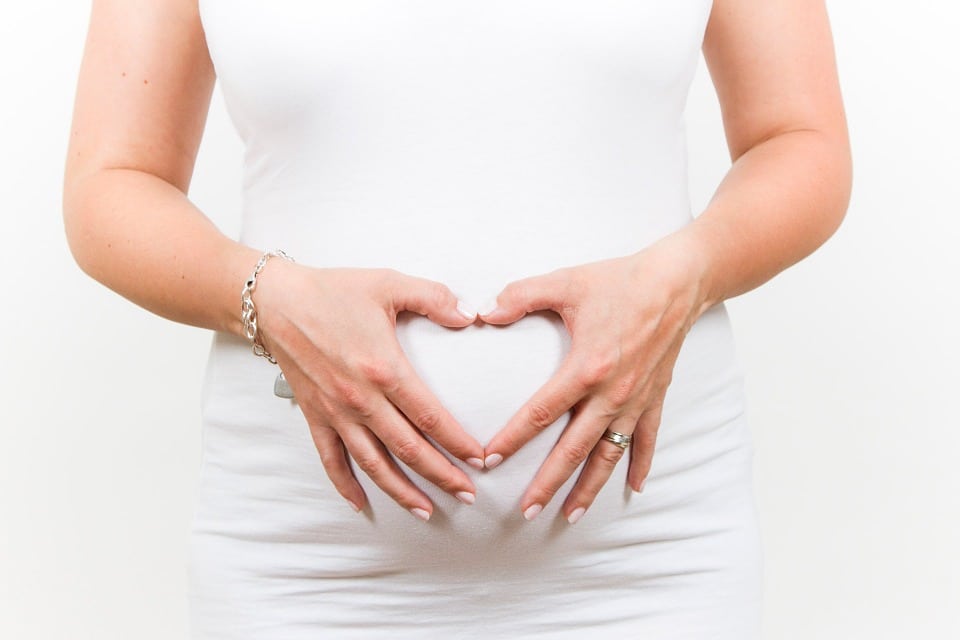Soon-to-be moms have an added concern about eating while pregnant. One of the best ways to prepare for your kid-in-waiting is to eat well while they’re developing. This helps to provide a head start on health in life. Pregnant women require extra energy to do the amazing things women can do. But eating more shouldn’t mean eating worse. You may feel the urge to grab a burger or sit down to an entire bag of Cheetos. I mean you’re entitled to, aren’t you? Your body is busy doing amazing stuff! However, it’s important not to go overboard with junk food cravings.
Research Shows
In a 2014 BBC News Health article, James Gallagher writes on high-fat diets. High-fat diets during pregnancy can alter your baby’s brain development and increase the chance of obesity later in life. He goes further to describe a study on mice in the journal Cell. The mice in question were treated to a high-fat diet. The mice produced offspring with altered hypothalamus, the part of the brain that regulates metabolism. The offspring were more likely to be overweight and develop type-II diabetes as compared to mice treated to a regular diet.
Further studies need to be done to support this evidence. Mice may not retain fat the way that humans do. While the study can be considered non-conclusive, it doesn’t change the fact that healthy moms are good for babies.

Moreover, healthy eating habits in young children may affect their distant future lives. Good nutrition in young children leads to a decreased risk of cardiovascular disease, obesity, osteoporosis, and even some cancers. Healthy eating habits are important to facilitate during pregnancy, as well as afterward.
Additionally, mothers’ high-fat consumption during gestation may result in behavioral issues surfacing in young children.
Eating While Pregnant
- Pregnant women need about 300 extra calories per day. Make sure to include these calories as balanced food choices in your daily diet.
- Instead of junk, choose foods high in protein, low in fat and low in sugar. Pregnant women should not be focusing on eliminating fat entirely from their diet. Don’t forget about those good fats your bodies need. Milk, yogurt, cheese, avocado, nuts, flax, etc., are all “good fat” options.
- Calcium promotes your baby’s growth. You can get calcium from dairy, nuts and seeds, beans and lentils, leafy greens, and fortified foods. You can also include calcium in supplement form. Make sure you are getting enough vitamin D3, vitamin K2, magnesium, and boron to help you better use the calcium you get from your diet.
- Iron prevents anemia and feeds your baby’s blood supply. Iron is found in certain meat and shellfish, organ meats like liver, spinach, legumes, quinoa, pumpkin seeds, tofu, broccoli, and tofu. You can also get iron in supplement form.
- Folic acid prevents birth defects. This B vitamin is vital for infants developing in utero. You can find folic acid in leafy greens, citrus, eggs, beets, avocado, and other fortified foods. However, the CDC recommends that pregnant women and all women of reproductive age take 400 micrograms of folic acid per day.
Cravings will be cravings, however. It’s okay to indulge on occasion! We at GHT believe in balance in life and in our diets. Setting unrealistic expectations for yourself can have adverse effects. For questions or comments, respond to this blog or contact us!




